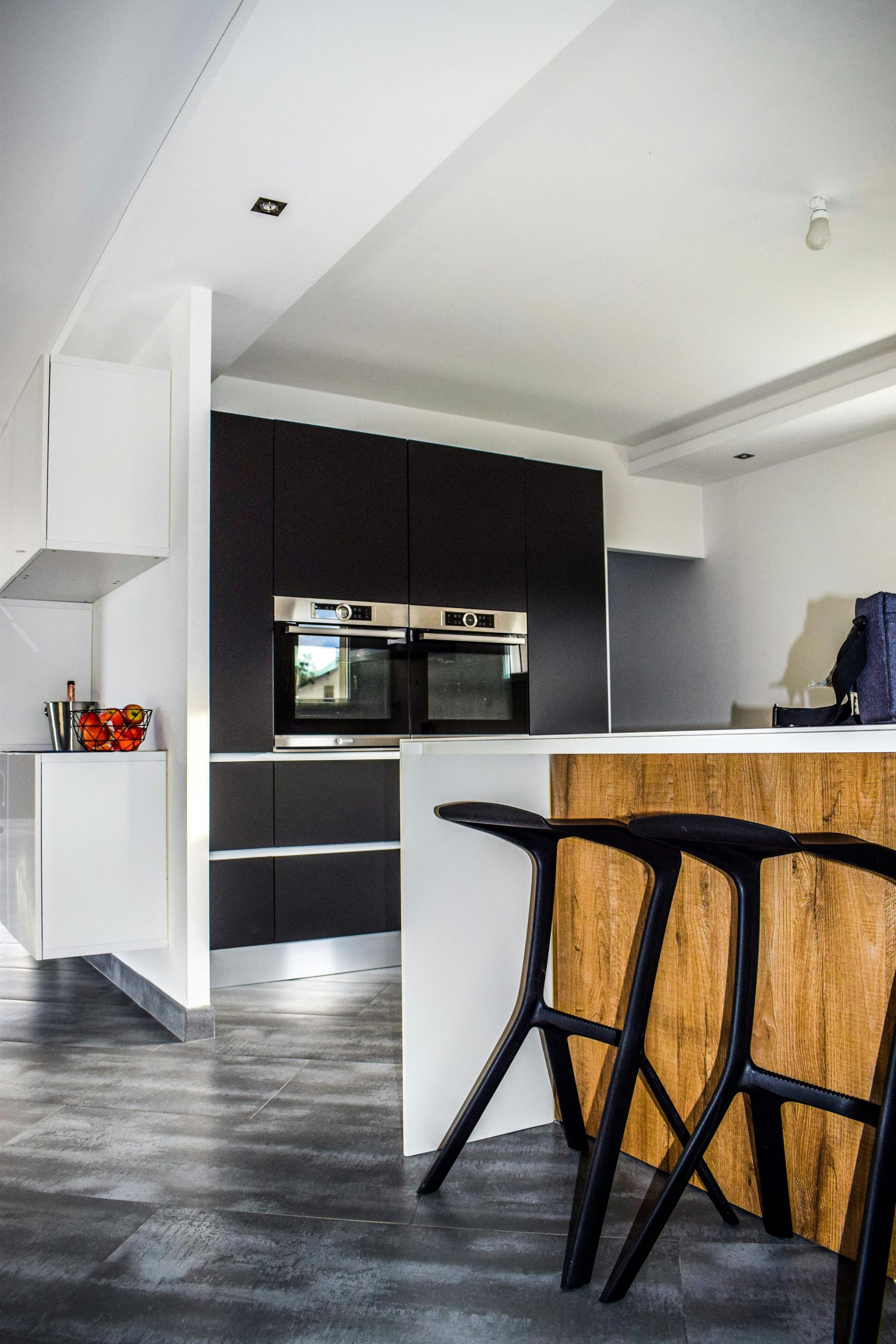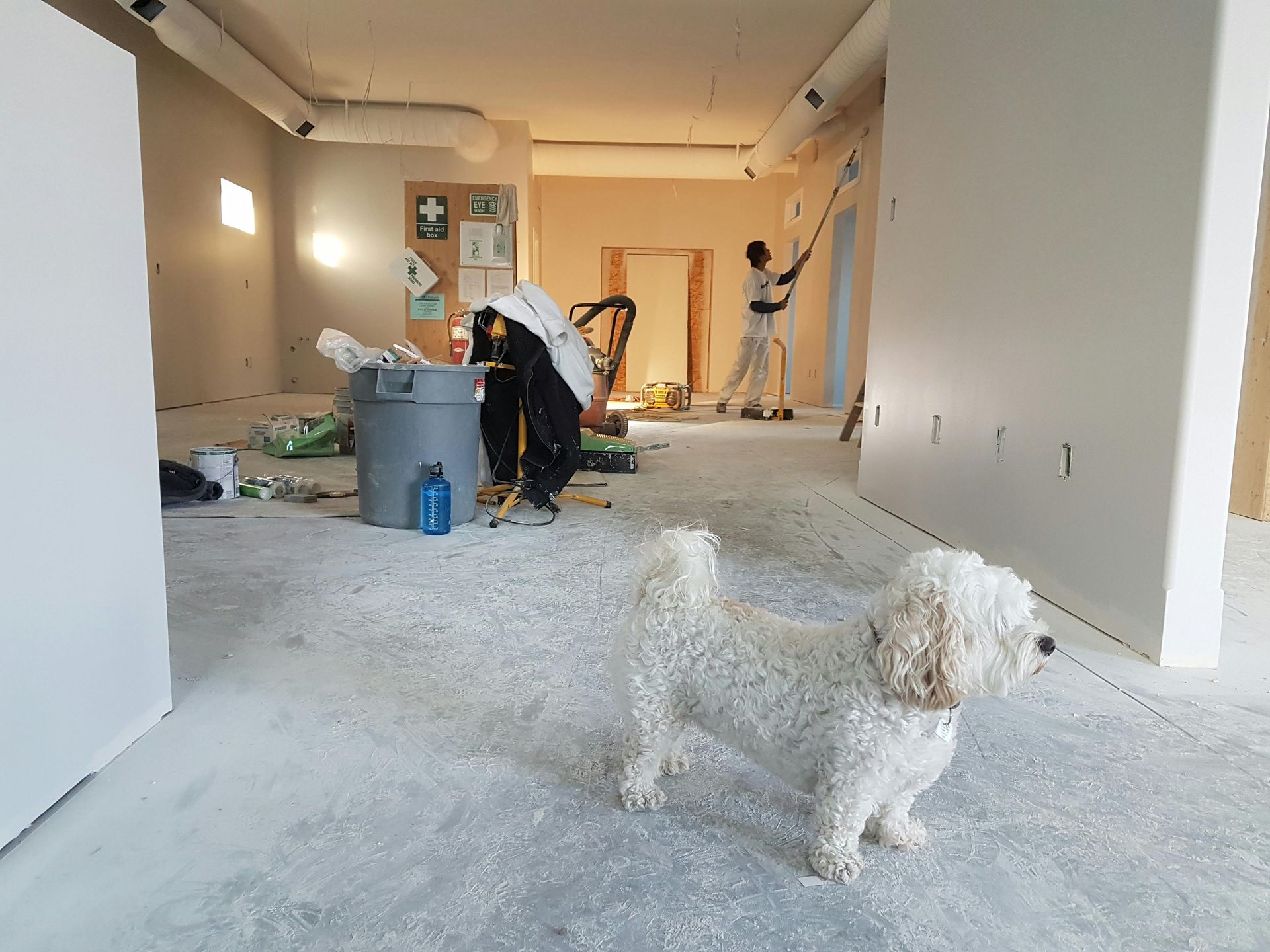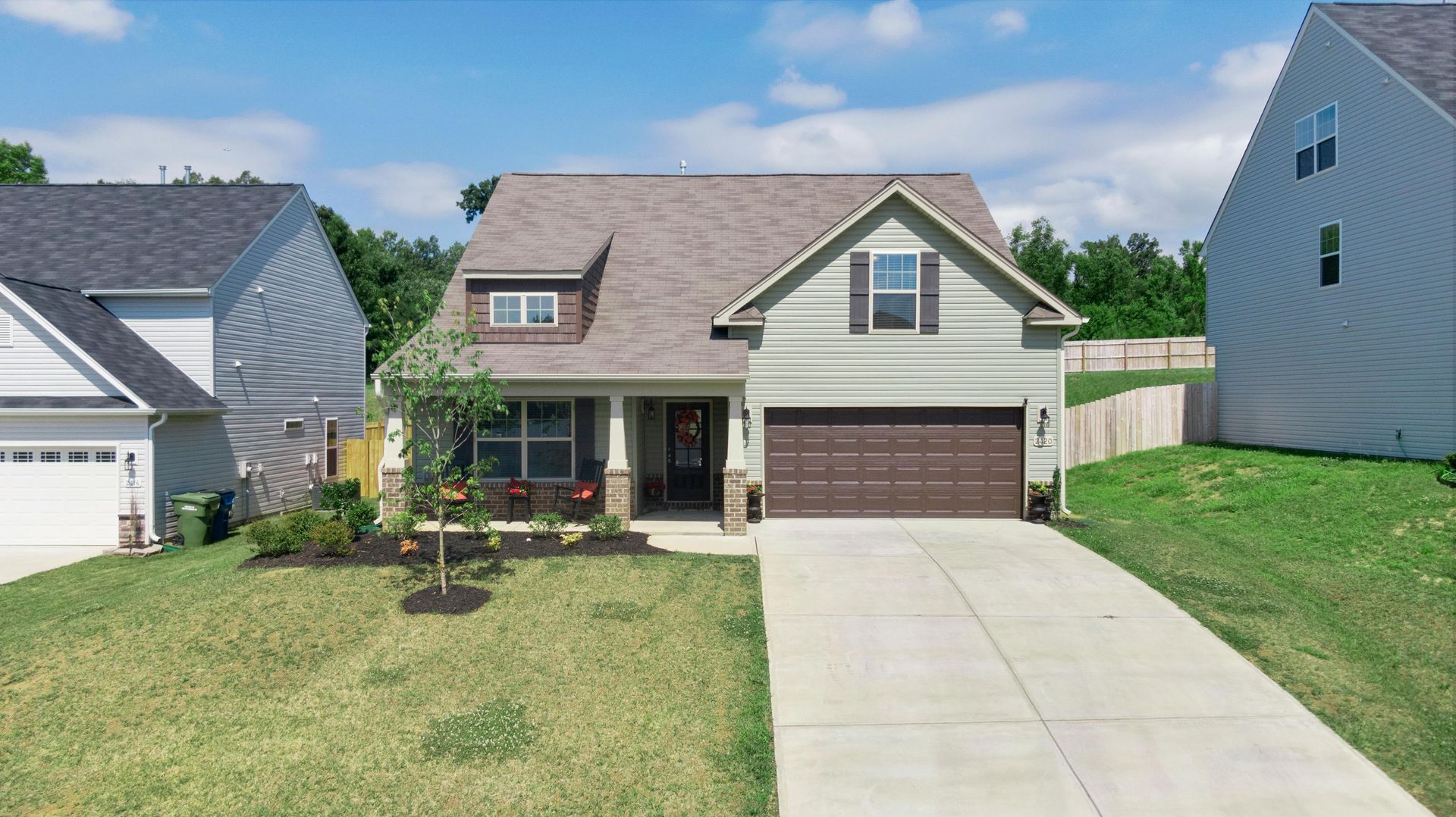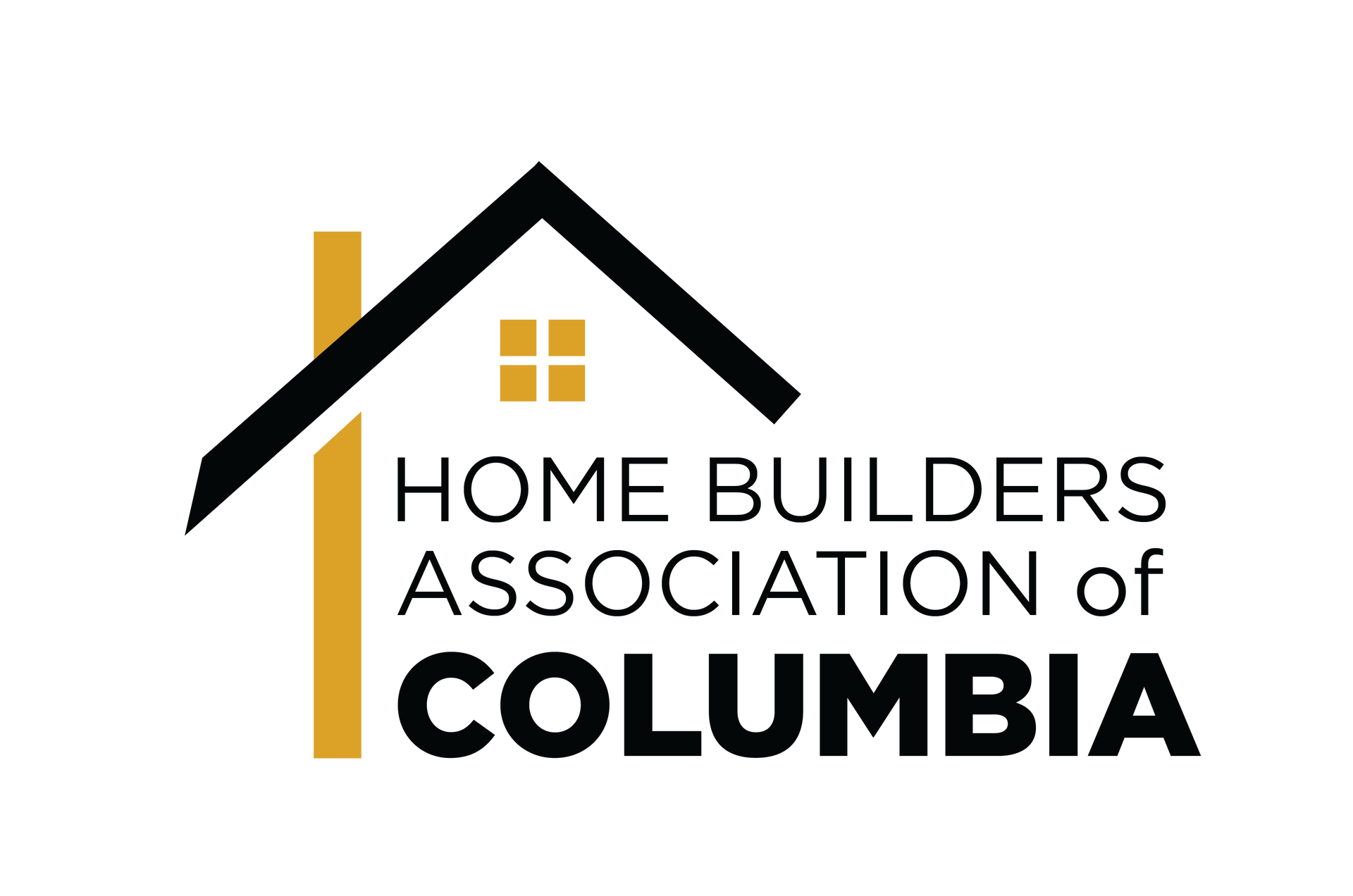How to hire a Professional Remodeler
If you're ready to transform your kitchen and have gathered inspiration, budget ideas, and discussed your goals, it might be time to hire a professional remodeler. Here are some key tips to ensure you find the right remodeler for your project.
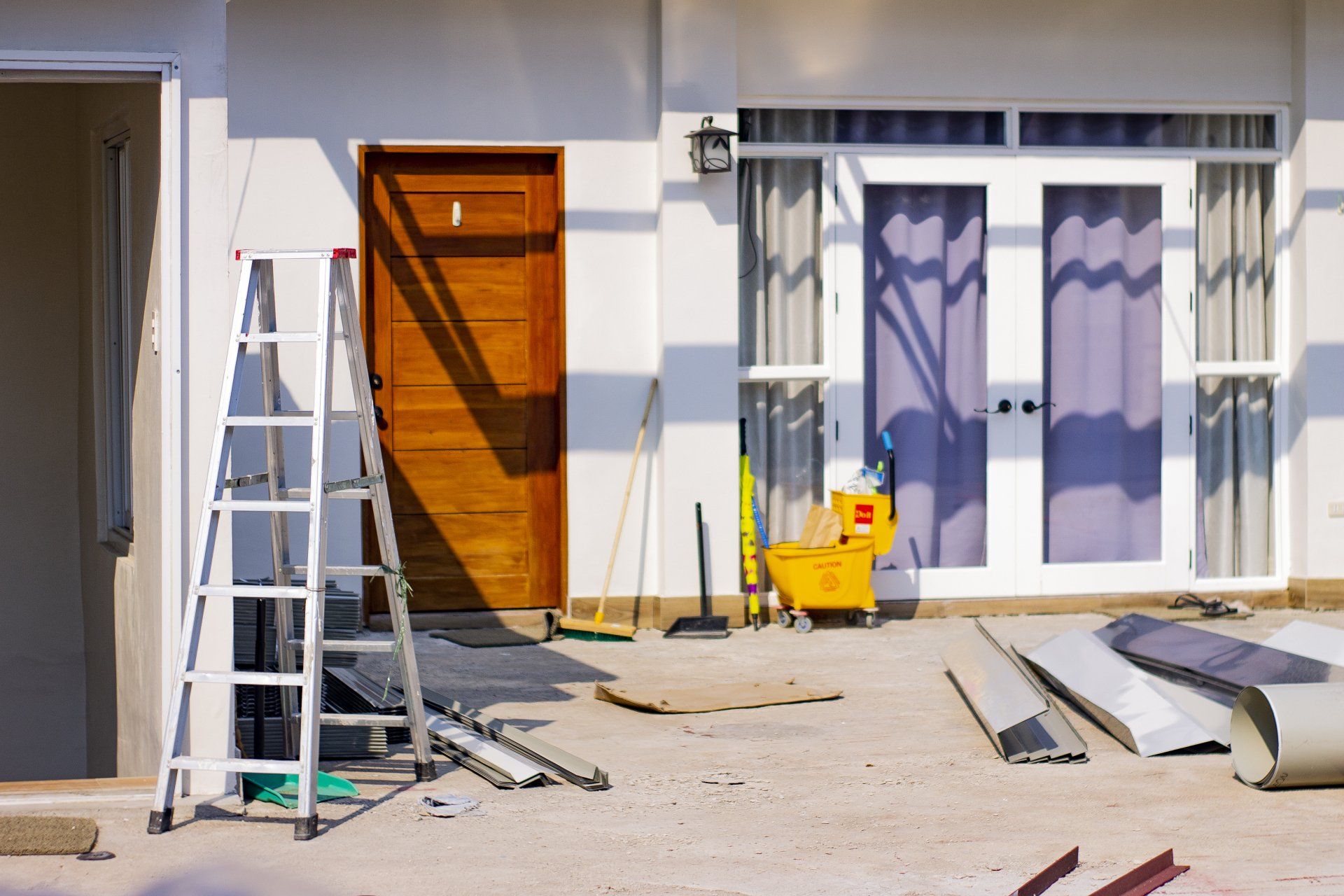
If you have collected photos of your dream kitchen, drafted a general budget, and talked with friends about how you wish your home was more comfortable or modern, you may be ready to hire a professional remodeler to get the job done right. HBA of Columbia has some helpful tips to guide you in finding the best remodeler for your project.
“Do your homework when hiring a professional remodeler,” recommends Orie Hemme. “A professional has training, experience, and references from satisfied clients to demonstrate their remodeling expertise.”
Check out these steps for hiring a professional remodeler:
Collect names of remodeling companies.
Start by searching the National Association of Home Builders’ Directory of Professional Remodelers at https://www.nahb.org/nahb-community/nahb-directories/professional-remodelers-directory#sort=%40lastname%20ascending. You’ll get a list of nearby remodelers to contact. Asking friends and neighbors for names of qualified remodelers will also help you find a match for your project.
Discuss your project with a couple of remodelers.
Call a few remodelers from your list to discuss your project. Describe what you envision for the home remodel, the styles you like, your estimated budget, and other ideas for the remodeling work. Ask the remodeler if they can provide background information on their expertise. They may have a website or brochure they can share that describes their experience and accomplishments.
Ask if the remodeler has general liability insurance.
Be sure to ask some important questions about the remodeler’s business that will help ensure you hire the best professional. Does the remodeler have a license, if required in your state? Do they have general liability insurance in case of an accident on the job? Do they guarantee their work? How do they handle any problems that may arise on the project? Having these answers in advance will prevent future problems and nail down the best professional remodeler for the job.
Check the references and background of the remodeler.
After you start speaking with remodelers and find one or two who match your project’s needs, be sure to conduct some background research by checking with the Better Business Bureau, talking to their references, and asking if they are a trade association member (such as NAHB Remodelers). Remodelers with these qualities tend to be more reliable, better educated, and more likely to stay on top of construction and design trends.
Don’t fall for the lowest bidder.
Many people may be lured by the lowest price to their remodeling project, thinking that they have found a great deal. But beware of these alluring low prices. These bids may be more costly in the end if the contractor is cutting corners, not taking into account certain costs, or is inexperienced. Professional remodelers have stories about coming into homes to fix remodels from unscrupulous contractors who did shoddy work or failed to complete the job. Oftentimes, the lowest price may not ultimately provide the best value for your home remodel.
Make the smartest investment in your home by hiring a professional remodeler like Hartland Homes Remodeling and Roofing. They’ll help you stay on budget, solve remodeling challenges, and provide a higher-quality service.
For more tips on planning a home remodel or hiring a professional remodeler, visit https://www.nahb.org/Other/Consumer-Resources or contact us here.
SHARE
